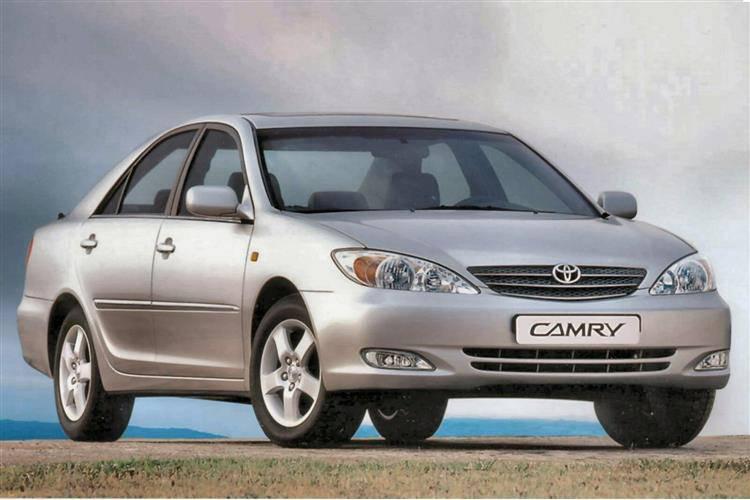Fresh battery tech may lead to inexpensive, safer electrical cars

Fresh battery tech may lead to inexpensive, safer electrified cars
Power Japan Plus announced its dual carbon battery technology, which promises longer-lasting and less expensive batteries for electrified cars.
Auto Tech
A large portion of the high cost of electrified cars comes from their batteries, and the fattest problem for electrical car owners is the time it takes to recharge those batteries. A fresh battery technology from Power Japan Plus promises to alleviate both of those issues, and add improved thermal safety into the bargain.
Power Japan Plus announced what it calls the Ryden, or Dual Carbon, battery, with carbon anode and cathode that permits for charging at twenty times the rate of current lithium ion batteries. Further, Power Japan Plus claims the fresh batteries practice no thermal switch while discharging, so electrified cars using the fresh technology would not need a battery cooling system to prevent thermal overrun.
One of the cost factors for current lithium ion batteries are the metals, cobalt, nickel, and manganese, that go into the cathode. Power Japan Plus has found a way to use cathodes and anodes in lithium-ion batteries constructed of carbon, a much more common and less expensive material. In addition, the company developed what it calls Carbon Sophisticated, an organic carbon derived from cotton suitable for its Dual Carbon battery.
The Ryden battery offers the same energy density of current lithium-ion batteries, so would not permit extended vehicle range based on that factor. However, the capability to charge quicker might lead to shorter stops at recharging stations. For example, the Nissan Leaf can be charged from empty to utter in four hours. The Ryden battery would cut that time down to twelve minutes.
Power Japan Plus’ Ryden battery can be designed as a standard eighteen thousand six hundred fifty cell. Power Japan Plus
Power Japan Plus claims its fresh battery technology can also discharge entirely without harm to the battery, potentially letting vehicle makers get more use from the electric current in the batteries. With current electrical cars, the power electronics do not permit utter charging or finish discharge of the battery in order to preserve the battery life.
The lack of thermal switch while discharging could eliminate some of the complexity of electrified cars, and increase safety. Modern electrified cars use cooling systems to prevent warmth overruns in battery cells. Likewise, electrical car accidents would be less likely to cause a fire due to harm in the battery pack.
Power Japan Plus has developed its fresh battery technology to fit a standard eighteen thousand six hundred fifty cell, the type commonly used in laptops, and what Tesla uses in the battery packs of its Model S . However, the company announced it would only begin manufacturing its Dual Carbon cells for “specialty energy storage markets such as medical devices and satellites.” It will license the technology to other companies that have the manufacturing capability to meet request for the electrical vehicle market.